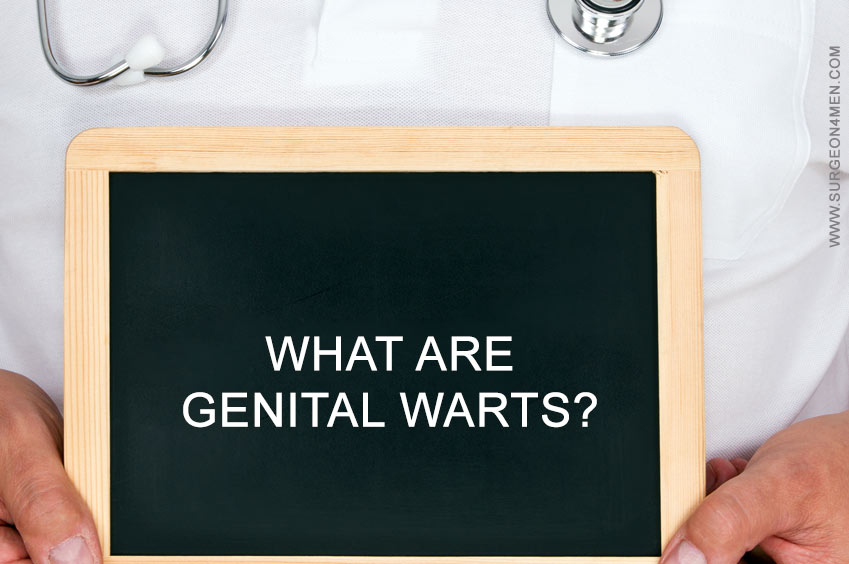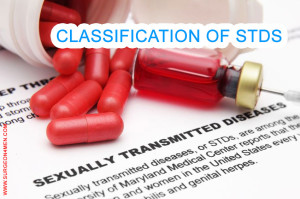What Are Genital Warts?
Genital warts are a form of soft growth of skin on the genitals. A type of sexually transmitted infection, warts are often linked to strains of human papillomavirus (HPV). An infected person may experience discomfort, pain, and itching on the area of skin overgrowth. Though warts are not always visible to human eye, these are in the form of small, flesh-colored mass of skin around the anus.
Genital Wart Sign and Symptoms
In males, genital warts are commonly found on the
Warts may also appear inside or around the anus on the genital area, including the vagina, vulva, anus, rectum, scrotum, or penis, mouth, lips, tongue, and throat of someone who has had oral sex with an infected person.
Sometimes genital warts cannot be seen with naked human eyes; however, they can still cause associated symptoms, including burning, itching, vaginal discharge, or, bleeding. If left untreated, warts may spread or become enlarged, causing extreme pain and discomfort.
How Are Genital Warts Spread?
 Warts spread from one infected person to another through skin-to-skin contact. The condition is widely common throughout the world, with 500,000-1 million people getting infected with warts every year.
Warts spread from one infected person to another through skin-to-skin contact. The condition is widely common throughout the world, with 500,000-1 million people getting infected with warts every year.
The flesh-colored warts are in the form of soft-to-touch bumps that appear to be the cauliflower surface. Warts may cluster in large masses and grow in more than one place, especially during pregnancy. These also occur after a person has had undergone chemotherapy or is infected with HIV/AIDS and their immune system becomes weakened by chemotherapy. Some other conditions that may cause spread of genital warts include:
- Hodgkin’s disease
- Diabetes
- Anti-rejection drug therapy after an organ transplant
Are Genital Warts Dangerous?
Genital warts are not categorized as dangerous, but they can be quite uncomfortable and unpleasant and cause sores and bleeding. This may put you at a higher risk of HIV infection.
You may have more than one type of HPV infection. Warts often grow more quickly in pregnant women. it is important that you inform your doctor of previous similar infections so that they can remove warts before delivery to prevent bleedings. In rare cases, warts may pass on to the newborn from the mother. If this does happen, this could result in severe problems for the baby, causing breathing problems or development issues.
The doctor conducts a pelvic exam to diagnose genital warts and prescribes treatment accordingly, depending on the patient’s condition.


